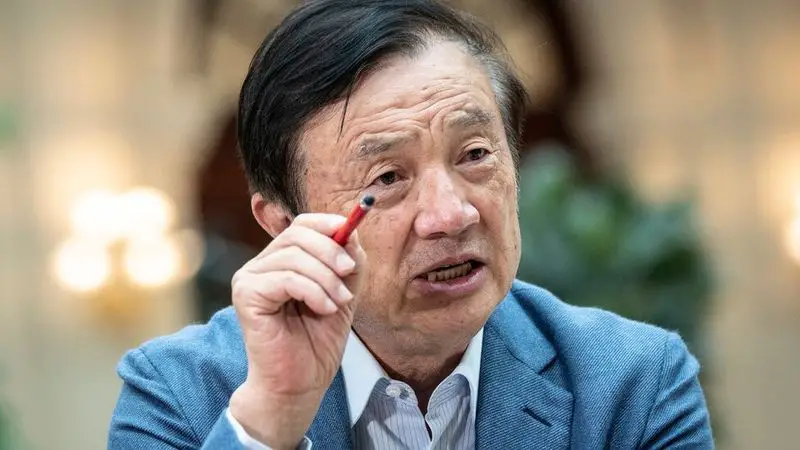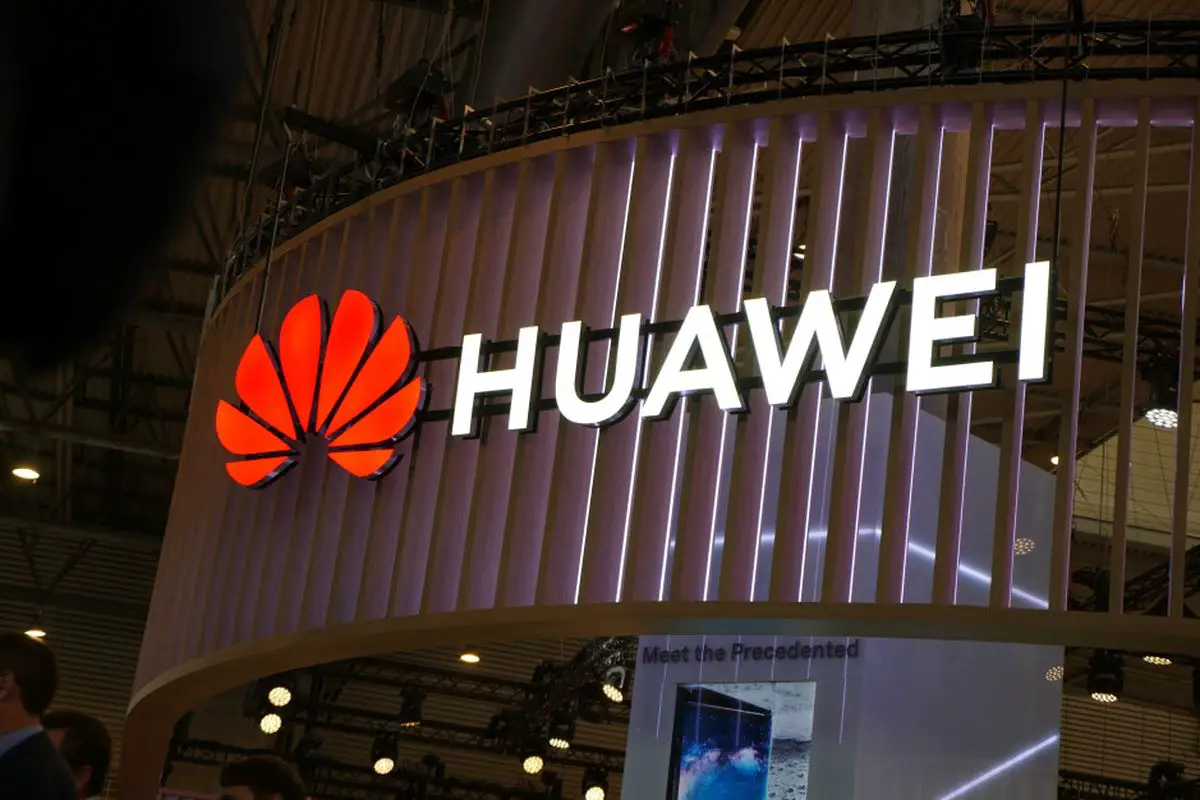Huawei is talking to Apple and Samsung to charge for using its 5G patents. Everything around mobile connectivity generates far more movement than appears to be visible from the outside. It is the equivalent of watching a duck in a pond, floating peacefully while underwater its legs move at full speed. Mobile networks are more than just modems and the cell phones that mount them; They are also the infrastructures and, above all, the ocean of their patents.
Many companies are submerged in this ocean, and there is usually one that does not usually appear on the billboards. While Apple and Qualcomm have starred in several of the most mediatic battles in the new 5G environment, Huawei has to its credit a large number of key patents for the development of the technology and seems ready to start making them profitable.
Huawei in talks with Apple and Samsung about its 5G patents
Apple and Qualcomm (and to a lesser extent Samsung) have been the protagonists of the most mediatic fights in terms of connectivity and patents, even confronting each other several times in court with mixed results, and even severing relations between the former and the latter. Or perhaps the other way around. Hence Apple was probing Intel to supply it with 5G modems and finally gave up, returning to Qualcomm for its iPhone 12.

However, Huawei has always been present and in fact, 5G has been the backbone of the whole case that has led the United States to include the Chinese giant in the entity list, with its subsequent ‘ban’ that has almost definitely knocked down its mobile division. And now, Huawei seems ready to start making its patent package profitable.
According to Bloomberg, Huawei has already begun talks with both Apple and Samsung to discuss future fees for the use of all its patented technology. Apple expressed its willingness to pay fees to Qualcomm in the event of an agreement, and now Huawei would be the one initiating this commercial process.
Huawei claims to charge less for the use of its patents than its direct rivals in the sector, Nokia and Qualcomm itself, so it would have a certain advantage when negotiating with both Apple and Samsung, two of the largest manufacturers of mobile chips on the planet: The former with TSMC, the latter with much of the production at home.





